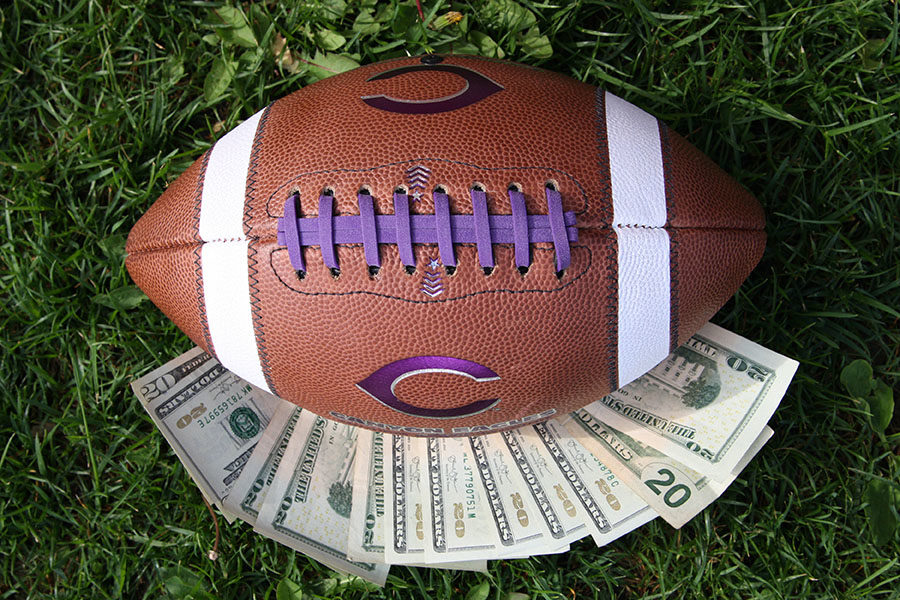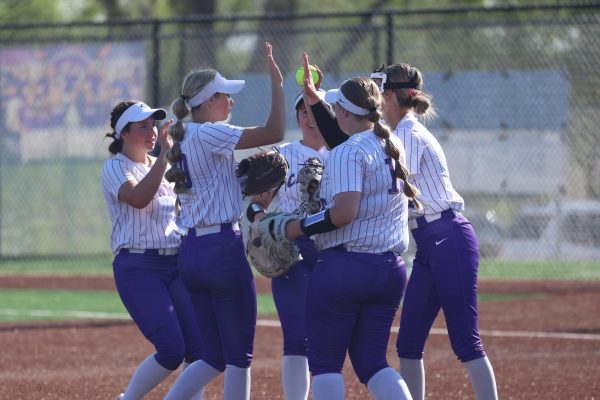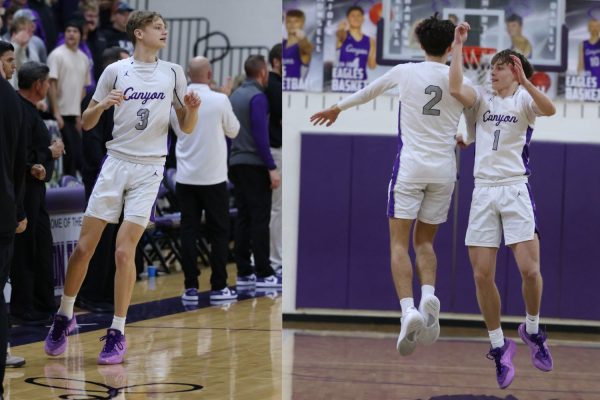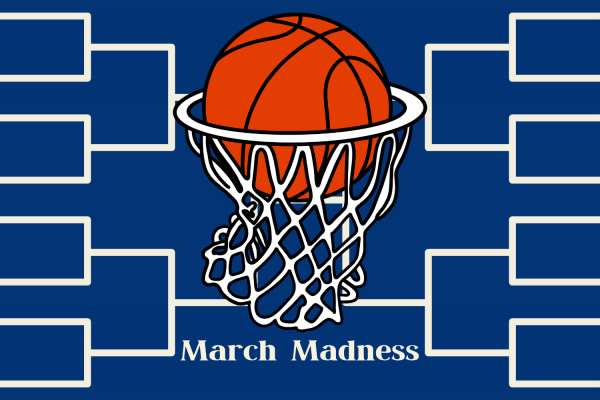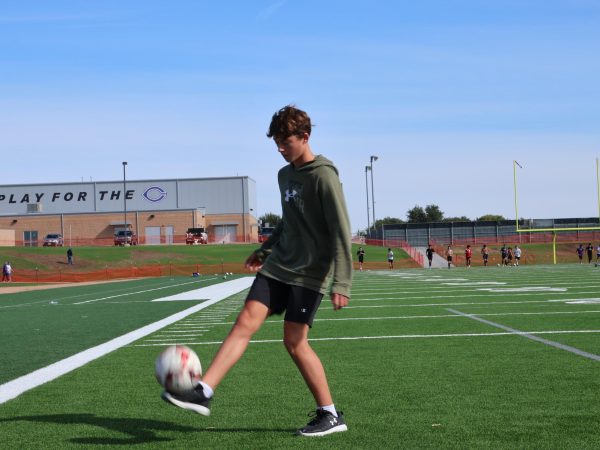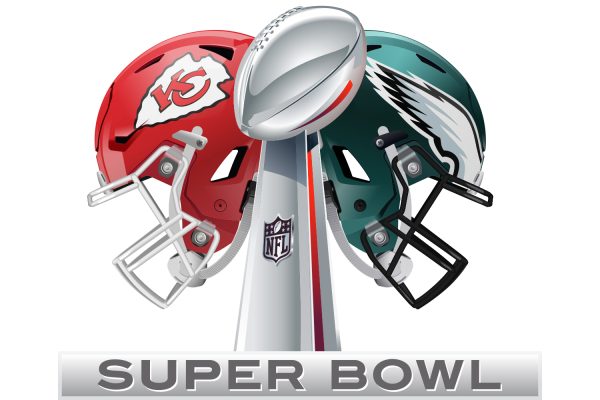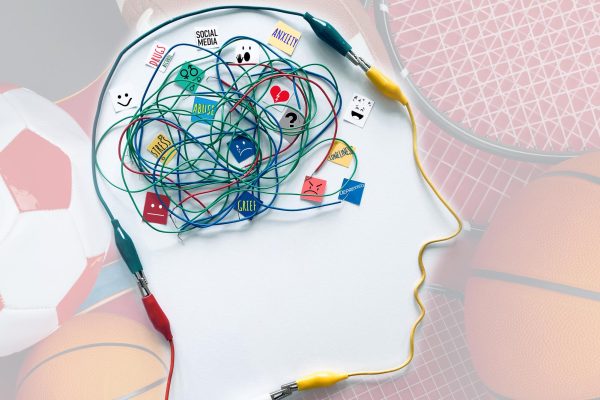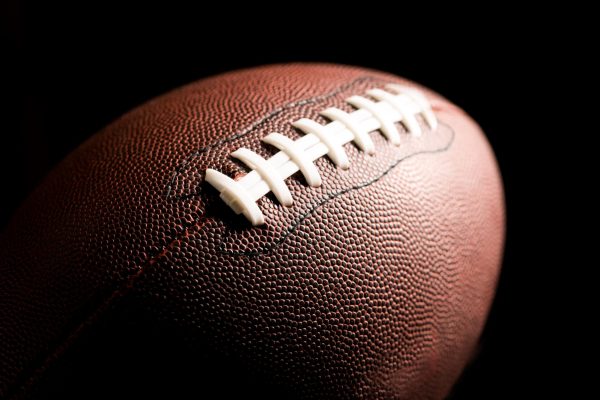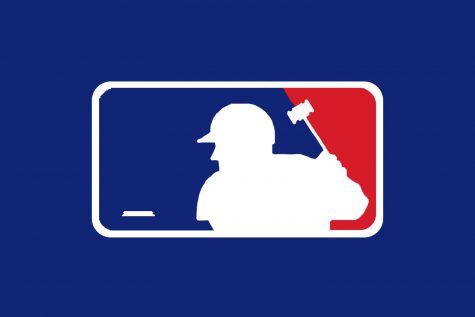Time to pay those who play
College athletes deserve more compensation for time, talent, work
Some college players say they should be paid to play at the college level.
“IT’S TIME! The NCAA is a joke…” Johnny Manziel tweeted March 7. While he meant “Time,” as in the magazine photo he attached, it is time for the NCAA to start paying college athletes. College athletes often receive athletic and academic scholarships, but are never paid to play. Millions of people go to watch college athletics every year, and every year the NCAA makes more and more money which never touches the athletes. College athletes deserve to be paid for their work, because they bring in the money, they don’t have time for a job, and the NCAA has the money to give them.
Colleges gain significant funds from big, well-advertised sports competitions such as football, basketball and baseball. The ‘College X Press’ states, “It’s also important to note that college student-athletes are not only a part of a sports team; they are a part of the college or university’s advertising team.” Football games bring in way more money than government funds and any school fundraising put together.
Many college students are associated with sports whether by going to the games, scheduling classes and club meetings around games and practices. Many people spend their Saturday at a college games, spending money and time on the athletes they love. Although these athletes love the game days, the excitement and fans, they have earned the right to obtain the money they bring in.
College athletes work harder, and longer that the average American work week. According to Forbes, “The typical Division I college football player devotes 43.3 hours per week to his sport –3.3 more hours than the typical American work week.”
This means the average non-athlete at any given university could be taking just as many classes as an athlete would be while at the same time earning a full paycheck per month. The non-athlete is thus, working less than a college athlete does, making more money than college athletes, and could potentially be getting the same amount of scholarship funds. Since college athletes work more hours than the typical American work week, college athletes don’t have enough time to have a full time paying job, and most do not have time for part-time paying jobs depending on their sport and the amount of hours they put in.
Many college athletes face the struggle of not having enough food on their meal plan, or not having the money to pay for their books, because not all scholarships cover all expenses as well. While in college there are many expenses, and it is often difficult for most to pay for everything, especially for athletes who cannot get a job to help pay for it all. There is no real reason these college athletes shouldn’t be getting the money the NCAA makes.
The List Land reports, “Whether in the press room or in the courtroom, the NCAA cannot seem to come up with a valid argument other than, “This is our tradition.””
Tradition? The games are a tradition, not professional athletes get paid and college athletes do not. This shows the NCAA doesn’t have excuses for not paying the athletes who make money for them.
My brother, who has played college football for Abilene Christian University, said he strongly agrees with Johnny Manziel–it IS time. He said, “You can’t put a price on the work college athletes put in, especially not the tuition rate.”
Even though athletes receive scholarships and sometimes even full scholarships, that money is a drop in the bucket of 11 million dollars, money the athletes bring in, not the NCAA board. The NCAA has no real reason as to why college athletes shouldn’t get part of the money collected to watch themselves.

Hey, I’m Faith Douglass! I am a senior this year, and this is my second year in newspaper. I play basketball and run cross country and track. I am in Student Council, Decide to Defy, Fellowship of Christian Athletes, LEAD, National Honor Society and...

